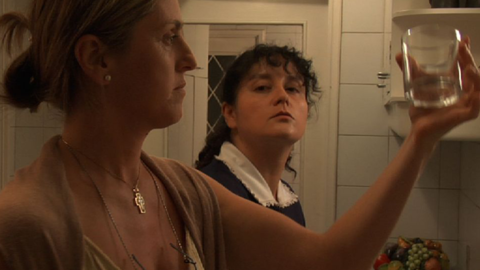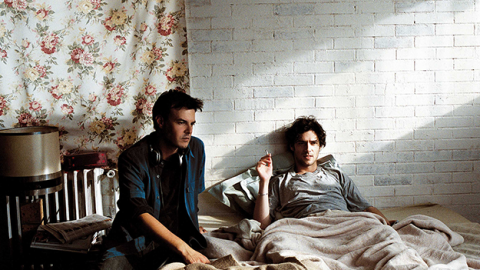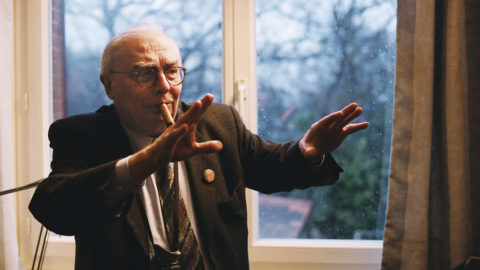By Elisabeth Lequeret in the March-April 2006 Issue
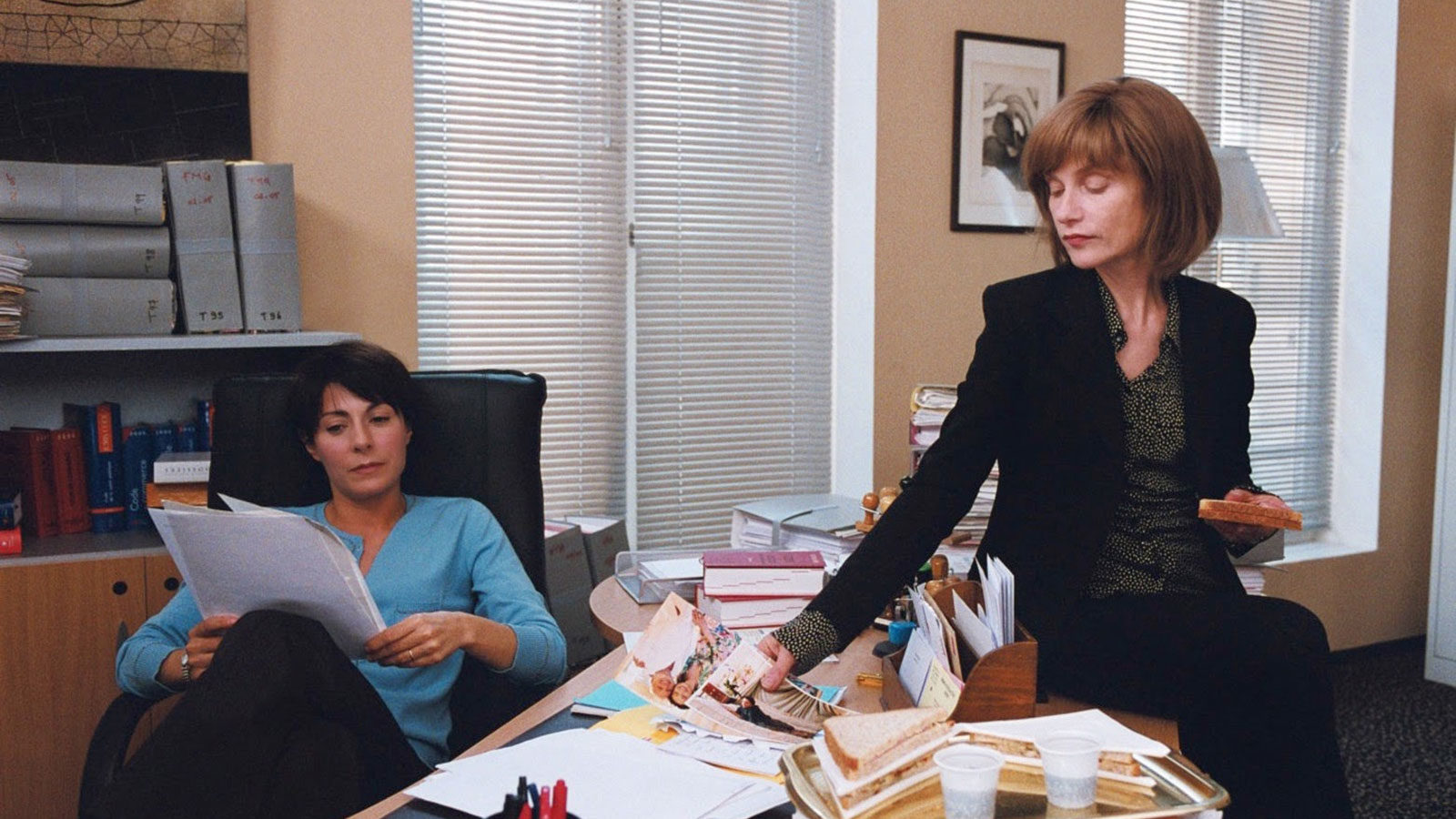
Swimming with Sharks
Inspired by a decade-old real-life corporate scandal, Claude Chabrol’s new film, Comedy of Power, is up to the minute
In 1994, French oil company elf was the subject of an investigation initiated by the country’s Stock Exchange Commission. Conducted by judge Eva Joly, this inquiry wasted no time in bringing to light a network of corruption implicating businessmen and politicians at the highest level. Sometime later Loïk Le Floch-Prigent, Elf’s former CEO, was jailed for using company funds to finance the purchase of a lavish apartment intended for his wife. At that moment, the French delighted in discovering a new expression: banditisme en col blanc—white-collar crime.
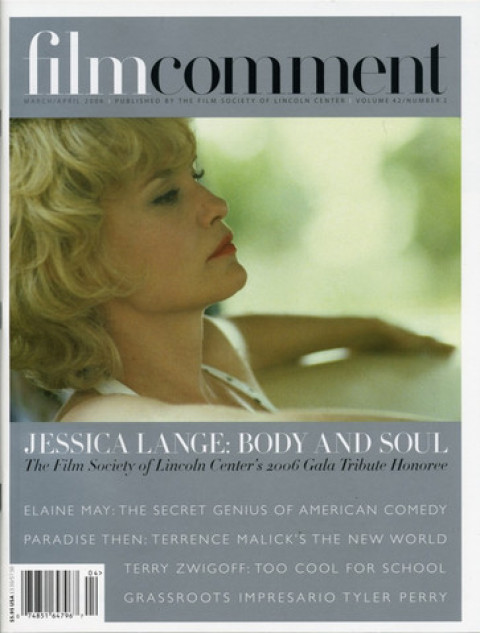
From the March-April 2006 Issue
Also in this issue
The Elf affair made for one of the Nineties’ most popular politico-legal soap operas. Secret commissions, abuse of public property, sinecures, cronyism and corruption at every level—above and beyond the sheer gravity of the facts there was, from start to finish, through all the multiplying revelations, an air of Grand Guignol to which the auteur of Masques (87) could hardly have remained indifferent. Television or international scandal, it doesn’t matter: either way, it’s good to lift the lid on a milieu when things smell a little fishy.
If Joly’s investigation provides Comedy of Power’s basic construction, the film distances itself from the real-life case not only by its title but by its opening caveat (“Any resemblance to actual events is, as they say, entirely coincidental”), a warning that hardly suffices to explain the need for the standard legal disclaimer, tinctured as it is with typical Chabrolian irony. Why immediately distance yourself from a reality from which the film borrows its framework and main characters? The initial explanation lies in the fiction’s structure, which takes as much interest in the personal as in the public life of Jeanne Charmant Killman (Isabelle Huppert), the magistrate in charge of the investigation.
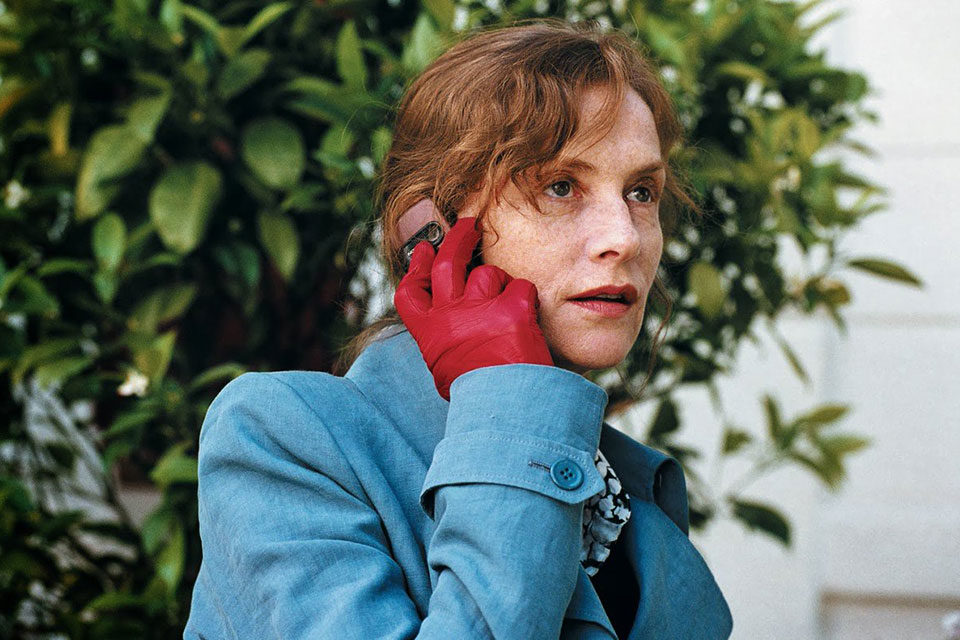
Such a point of view, hardly uncommon in the crowded field of legal thrillers, usually serves to relieve the pace of a plot that otherwise races toward one objective: to uncover the Lie and show the triumph of Truth. You’ll find nothing of the sort in Comedy of Power. If the film seamlessly blends the private with the professional, these private interludes yield neither a contrasting soft side to the protagonist nor a play of opposites: Jeanne is just as much a judge at home as she is in the city. “I hear you. What you’re saying and what you’re not saying. That’s my job,” she tells her husband dryly during an argument one night.
Chabrol’s latest opus is a theoretical fable on power and its abuses. The intoxication of power in question is less a matter of a bunch of corrupt businessmen operating with complete impunity than the hubris of one little judge. Hence the dialogue preceding Jeanne’s on-screen introduction, between two businessmen commenting on a colleague’s arrest: “He’ll suffer. Do you know her nickname? The Piranha.” These words lead into the first appearance of Madame Judge, gobbling down sushi in front of a Japanese aquarium. It’s big fish versus small fry, and we’re invited to observe the latter’s dismantling of the food chain.
Comedy of Power hardly burdens itself with subtleties. We can see here the shadow of an affair whose protagonists aren’t exactly brought down by an excess of nuance—a universe governed by the principle of eat-or-be-eaten, which relentlessly confronts this gang of well-heeled crooks with a Robespierre in skirts whose big mouth conjures troubling echoes of Nazi persecution: “Ah, if I could only flush out those bloodsuckers…” Chabrol’s mise-en-scène never misses an opportunity to make the most of this contrast: the fat cats’ ruddy complexions versus the bags under Killman’s eyes, their fine dinners versus her vodka-chocolate diet, Monte Cristo cigars versus Marlboro, Armagnac versus caramel candy bars.
And so the film constantly plays out within the borders of a perfectly traceable reality, overwhelming it with an absolutely rigorous mise-en-scène. This dialectic opens out onto an infinity of perspectives, and it also facilitates a renewal of the discreet Nietzscheanism that permeated Chabrol’s cinema in the Sixties. Killman isn’t so far from the journalist protagonist of The Third Lover (L’Oeil du malin, 62): both are enclosed in their mental worlds, pulling the strings yet imprisoned in traps of their own making, and in their meager gratification they aren’t far from the heroes of Rohmer’s Moral Tales. They are confronted, all too late, by the hard reality of the actions to which they have been led by their abstract ideals (a certain idea of Justice, of France, of Evil) and which leave them suddenly sobered, on the roadside, contemplating a landscape that’s nothing but ruins and ashes.




